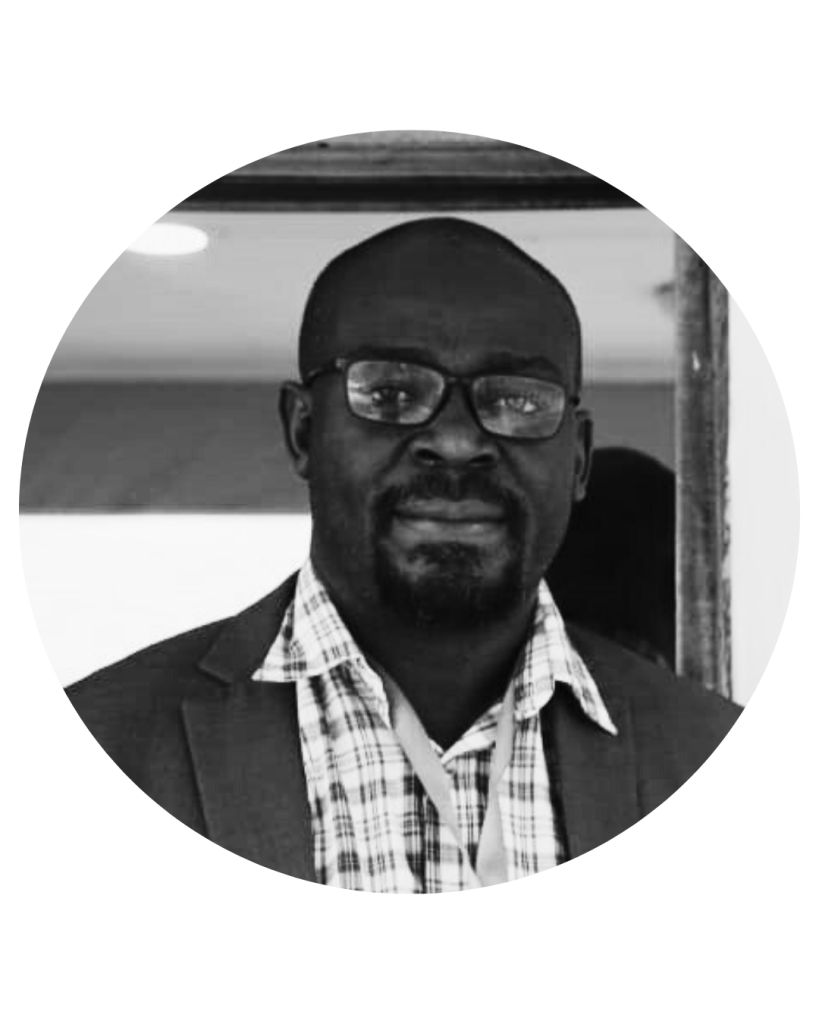Dr Paul Wanjala Muyoma
From Microbes to Mountains: Conserving Soil Biodiversity for Climate-Smart Landscapes
When we talk about biodiversity loss, most eyes turn to forests, savannahs, and coral reefs. But for Dr Paul Wanjala Muyoma, the most urgent ecological crisis is unfolding beneath our feet; out of sight, and dangerously out of mind.
A soil microbiologist based at Bomet University College in Kenya, Muyoma is on a mission to uncover, document, and defend East Africa’s rich but rapidly vanishing subterranean ecosystems. His research focuses on the vital but overlooked world of soil biodiversity—communities of fungi, bacteria, and microscopic organisms that power more than 90% of Earth’s ecological functions, from nutrient cycling to carbon storage.
“These underground rainforests are unravelling,” he warns. “Climate stress, deforestation, agrochemical pollution, and unsustainable land use are silencing soil life across Kenya’s Aberdares, Mount Elgon, and even into the Ethiopian Highlands. Yet these are the very systems that sustain life above ground—our food, water, and climate resilience.”
Muyoma’s research will establish the first high-resolution biodiversity baselines for soil microbes across East Africa’s montane regions. Using modern DNA sequencing and ecological mapping, he aims to build a Soil Biodiversity Health Index (SBHI)—a practical tool that land managers and governments can use to assess ecosystem health, detect degradation, and guide nature-based restoration. His approach also centers local communities and Indigenous knowledge, creating opportunities for shared learning and long-term stewardship of soil ecosystems.
“We’re facing a silent extinction below ground,” he says. “If we don’t act now, the collapse of these microbial networks could undermine all efforts at conservation and food security.”
The roots of this research are both professional and deeply personal. In 2017, while pursuing his PhD in Nigeria under a World Bank scholarship, Muyoma lived in the polluted city of Port Harcourt. “I would wake up to black soot on the floor and in my nose,” he recalls. His study on
soil microbes revealed a troubling truth: even low levels of chemical contamination were enough to suppress microbial activity, degrade soil health, and ultimately disrupt food production systems.
“That experience showed me how intimately human health and environmental health are linked,” Muyoma says. “We often ignore soil, but when the microbial life below us suffers, it eventually affects the air we breathe, the water we drink, and the food we eat.”
Now back in Kenya, Muyoma’s work is also aligned with the mission of Bomet University College—Kenya’s only higher education institution dedicated to promoting a “Green Economy for Sustainability.” His research will support the university’s efforts to embed environmental science into local development, and reinforce East Africa’s contributions to global conservation science.
If awarded the Jennifer Ward Oppenheimer (JWO) Research Grant, Muyoma plans to scale his research across Kenya, Uganda, and Ethiopia—targeting highland regions where biodiversity is rich but highly vulnerable. The funding would enable multisector collaborations, train young African scientists (especially women) in soil microbiology, and promote community-led conservation rooted in science and local knowledge.
He’s equally enthusiastic about the emerging role of artificial intelligence in environmental science. “AI is already transforming how we detect deforestation and track biodiversity loss,” he says. “Imagine applying that same power to monitor soil health in real-time across the continent.”
But for Muyoma, science is not only about data. It’s about purpose. “What gets me up every morning is the drive to contribute something meaningful—to protect the systems that support life. As a researcher, I want to ensure we leave behind a healthier planet for the next generation.”
That motivation, it turns out, has been with him since childhood. He recalls sneaking off to explore the banks of a river near his family’s home in Nairobi, blissfully unaware of the dangers of deep water or wild terrain. “I just felt drawn to nature,” he laughs. “Looking back, I think that curiosity was the beginning of everything.”
Today, that same curiosity fuels his work—whether he’s sequencing microbes, hiking through highland forests, or training students in field research. Outside the lab, he stays grounded with nature walks, gym workouts, and classic Kenyan comfort food: ugali and nyama choma.
“I’ve come full circle,” he says. “What began as a childhood fascination with rivers and soil has become my life’s work. And now, through this research, I hope to help protect the ecosystems that gave me that spark.”




